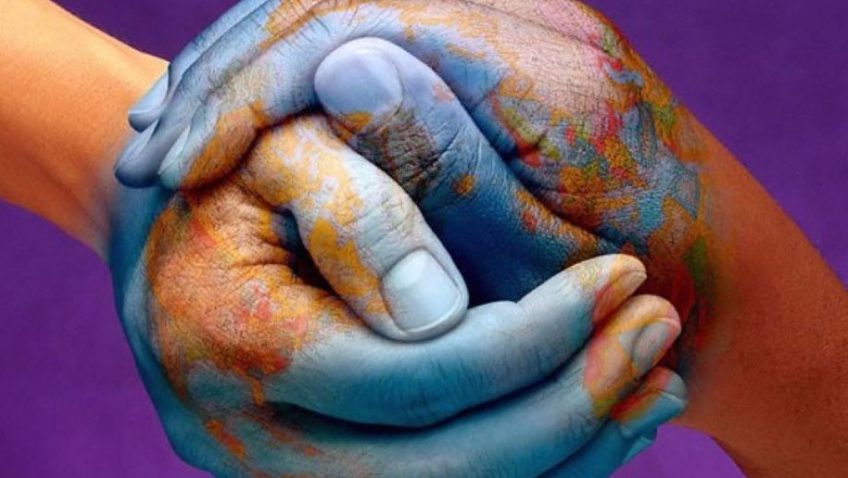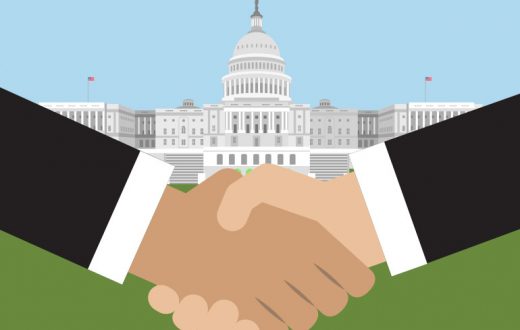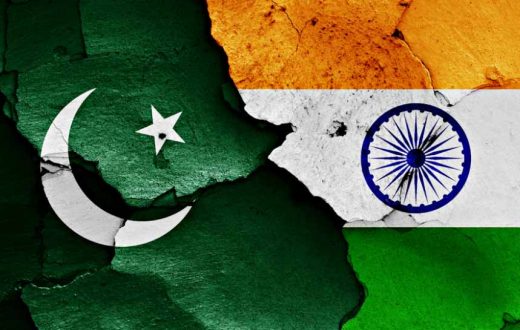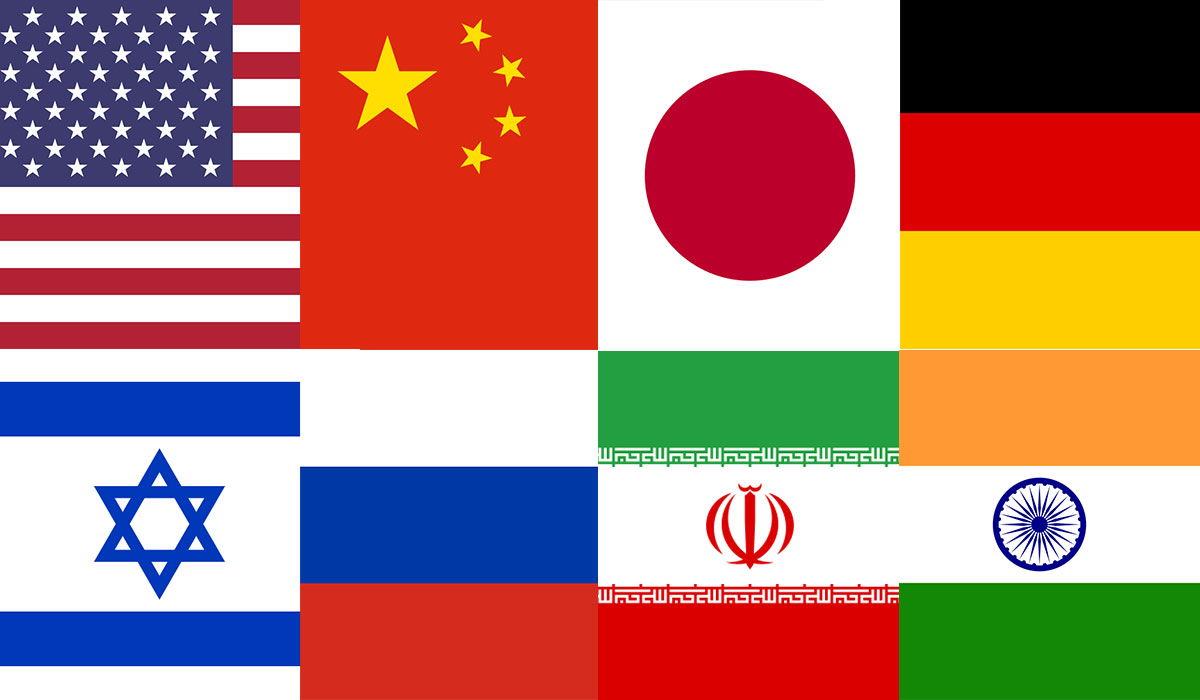Polarity can be defined as the number of powerful or dominant states in global or regional systems. It is the method of distribution of power in international system. The world has remained unipolar since the end of the Cold War in 1991, however, it is believed that it can not remain unipolar for long. There are other powers emerging in the international arena that are challenging US hegemony. We can consider the post World War II system as entering the third phase of polarity. The Cold War period (1947-1991) was characterized as bipolarity with US on one side and Soviet Union on the other. However, the fall of Soviet Union in 1991 caused the emergence of unipolarity, with US as the sole powercenter, also referred to as Pax Americana.
But, entering third phase does not mean that US has lost its status of superpower, though there are other powers emerging on the scene, playing an essential role in US declining influence. Powers like Russia and China are seeking to increase their influence on a global scale, while other states are trying to emphasize their influence regionally. Fareed Zakaria also argued that we are living in an era of a third great power shift entering into a multipolar world. He further argues that this great power shift is caused by what is called the “rise of the rest”. The rise of the rest of the rest is the phrase used for the powers outside of the West particularly the BRICS, which constitutes for 30 percent of the global territory and 45 percent of global population. It consisted of 15 percent of global economy and 42 percent of global currency reserves, at the time when it was formed in 2005.
But what does this shift mean for the world peace? Will it bring stability or instability? Whether the emerging multipolar world will be conflictual or cooperative? It is seen from the historical and documented evidence that multipolarity is an inherently unstable system. As the other states are increasing their influence, it is creating unrest in the US, which in turn is trying to counter this rise in order to maintain its hegemony. US considers China’s “peaceful” rise as the most crucial threat to its unipolarity. China’s policy is rooted in the belief of peacefully annexing other states through huge economic influence e.g.. the Belt and Road Initiative, as the trend of militarily occupying the states territory has been over.
China was the world’s second largest economy in the world in 2010, measured in purchasing power (⅔ of the number of US). It is estimated that it could reach to the level of US economy by 2027. This will then lead towards the rise of a bi-multipolar world, with US and China being the major powers, however there are other powers as well who are trying to get to the status of hegemon e.g. India, Brazil, and maybe EU. This will then lead towards multipolarity, a multipolarity that won’t be as peaceful as it seems.
There are numerous reasons for why we consider that multipolarity is inherently unstable. In the contemporary world, states are increasingly interested in making alliances or coalitions, but even in those alliances there individual national interests that prevail over their collective interests. States often go against their alliances’ decisions or viewpoints if they contradict with their own interests. In short, states pursue their own national interests instead of the interests of all, leading towards misunderstandings and mismanagement, and consequently the emergence of conflict. Incidents like 9/11 attacks and the policies adopted in their aftermath shows that even the US is not able to handle each and every situation on its own, instead it would have to incorporate other states in dealing with them. Hence, alliances are an important phenomena of the emerging multipolar system, and occurrence of conflict in those alliances is inevitable.
Furthermore, in the contemporary world, we can not ignore the impacts of the presence of nuclear weapons. There are some who believe that nuclear weapons lead towards stability due to their capability of “deterrence”. But, it is more acceptable and logical to believe that nuclear weapons are the source of insecurity in especially the multipolar system, where more than one state possess such lethal weapons. Why? Because the neorealism’s concept of “security dilemma” demonstrate that the possession of nuclear weapons by one state, even for the purpose of its own security, create insecurity in the other states which in turn seek their own nuclear weapons, as evidenced by the historical events. The current system of distribution not only enables the great powers, but also the middle and small powers to develop capabilities that could potentially threaten the world peace and security. So, in this view, the world would be more conflictual or unstable as it would be facing two challenges simultaneously; a multipolar world as well as nuclear weapons.
The Power Transition Theory also advocate this view.
It considers the presence of a hegemon, with dictating the rules and regulations of the world, as a guarantee to peace. Whereas, on the contrary, many states with equal power to alter the system proves hazardous to the international peace, as there would be more states competing for hegemony and ruling the world according to their own views. Hence, power transition theory promotes the view that a multipolar world will indeed be conflictual one, with multiple states struggling and competing to ensure their own superiority. Multipolar world with more than two power centers would prove unstable because there are increasing probabilities of the breakout of conflict or war between the potential candidates of the world’s hegemon.
However, discussing multipolarity over here does not mean that a multipolar world has emerged, and US unipolarity has diminished. US is still the world’s leading power, however, the problem is that it would not be able to maintain this position for long. As others powers are consistently pursuing a position of countering US hegemony. US influence is declining, which it would make sure to maintain at any cost. This then has the propensity to lead towards a number of conflicts, as we can still see in the US role in Asia and Middle East.








